
Elkeson has never been successful with Chinese football - Photo: Reuters
Like Indonesian Football Federation President Erick Thohir, Prince Ismail owns billions of dollars in assets.
Money can't buy everything
At 41 years old, this prince has been a football manager for more than 10 years in various roles in the Malaysian Football Federation and owns the strongest club in Malaysia, Johor Darul Tazim (commonly known as JDT). The lesson of naturalization from Indonesia shows that to be able to create efficiency in a short time, people like Mr. Thohir or Prince Ismail are indispensable.
But is it just a matter of money? That's because in the past 10 years, China has poured about 30 billion USD into football at all levels. From buying foreign players for the China Super League (CSL, Chinese Championship), paying exorbitant salaries, naturalizing them, and building impressive football academies... But until now, Chinese football still has no future.
In 2015, China launched the "World Cup 2050 Champion" project. This project is divided into 3 phases, with specific goals:
1. Short term (by 2020): Football becomes an attractive entertainment market, and is also strongly popular in theeducation system. Build 20,000 academies and 70,000 football fields. Have 50 million football players (children and adults).
2. Medium term (by 2030): The national team becomes one of the strongest in Asia. China becomes a World Cup host or at least a regular participant.
3. Long term (by 2050): China becomes a world football superpower and wins the men's World Cup.
China had it all – the will, the money, and a well-thought-out plan – for this project. But so far, it is safe to say that it has almost completely failed, at least in the medium term.
Another example is the UAE and Qatar - two football countries that massively naturalize Brazilian players. Similar to China, clubs in the UAE and Qatar are willing to pay tens of millions of dollars in salaries to their stars along with huge signing-on fees. But like China, their teams only achieve average results, with no breakthroughs.
Money needs to be used in the right place
China, UAE, Qatar, compared to Indonesia or Malaysia at present, they pursue two different naturalization policies.
Both Indonesia and Malaysia have called on overseas players to return to play for their home teams. In contrast, China, the UAE and Qatar have chosen players who are not related by blood and wait for them to be naturalized after they have played for five years in their home league.
For China, their plan is a broad strategy that includes developing football leagues, improving entertainment, expanding football, increasing depth... But the problem is... money. China does not lack money, but too much money is another story.
Take Brazilian striker Alex Teixeira, for example. Jiangsu Suning paid $60 million to bring him from Shakhtar Donetsk. That came with a five-year contract worth $10 million. After just five years, China paid $110 million for Teixeira.
But Teixeira still did not choose to become a Chinese citizen, and he asked for too much. When he was eligible for naturalization, Teixeira was over 30 years old, his performance had declined, but he still asked for a salary of 10 million USD. To naturalize Teixeira, China would probably have to pay up to 200 million USD - an unreasonable number. The path they chose was therefore too long, with too many risks...
In contrast, Indonesia and Malaysia, despite their reputation as “fast-track” players, are very suitable for the present. In theory, they pay almost nothing to naturalized stars – who already earn million-dollar salaries in European football.
The positive side is that Audero, Diks or Hilgers can still play football in a top environment, still maintain the development of their careers. That is something that Teixeira or Elkeson do not have when accepting to move to play football in a football country that is far below their level.
From the story of Chinese football, it takes money to become a citizen. But a lot of money is not enough…
Source: https://tuoitre.vn/can-gi-cho-chien-luoc-nhap-tich-2025061310361359.htm







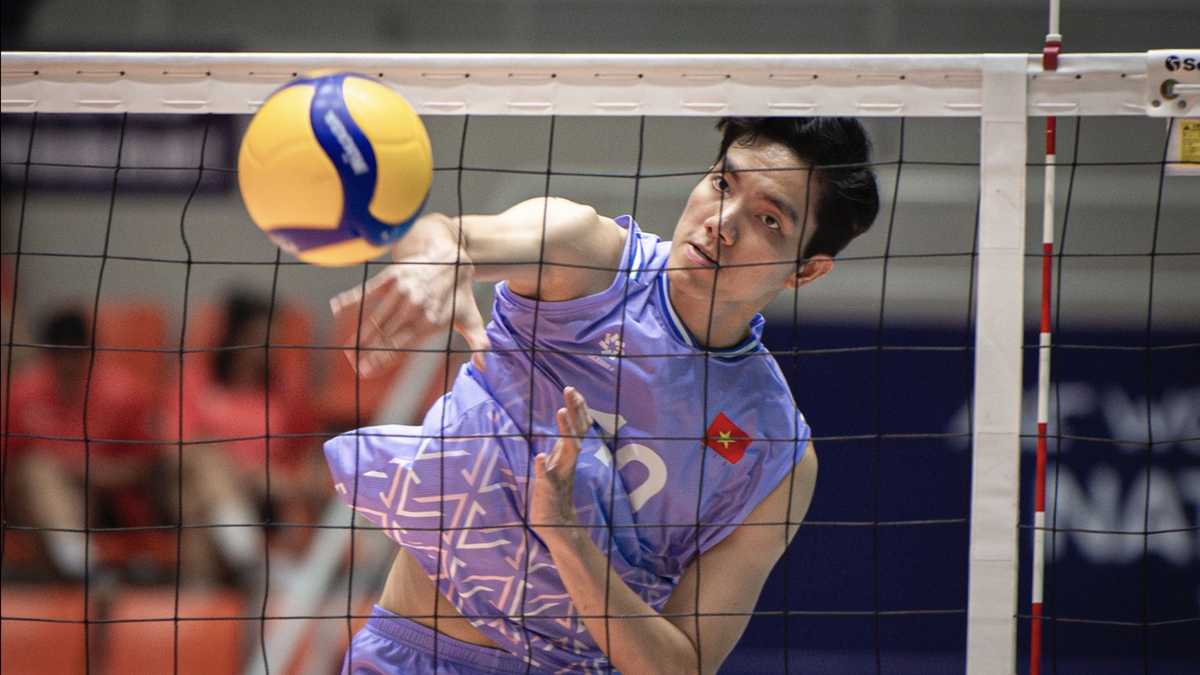










![[Photo] Prime Minister Pham Minh Chinh receives leaders of several Swedish corporations](https://vphoto.vietnam.vn/thumb/1200x675/vietnam/resource/IMAGE/2025/6/14/4437981cf1264434a949b4772f9432b6)



















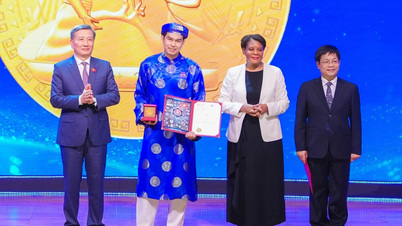











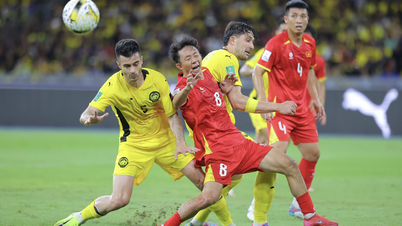










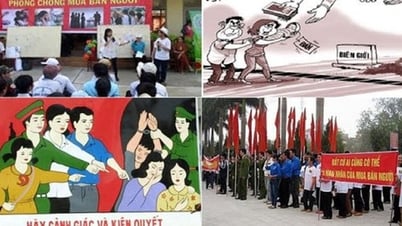
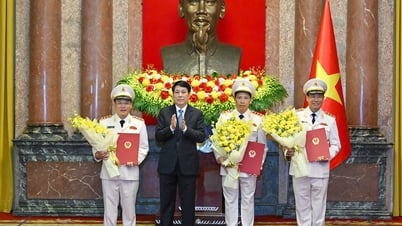







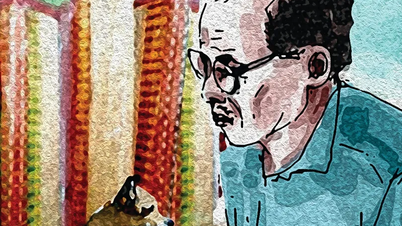



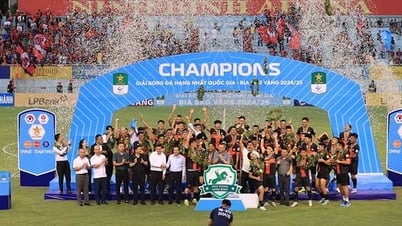












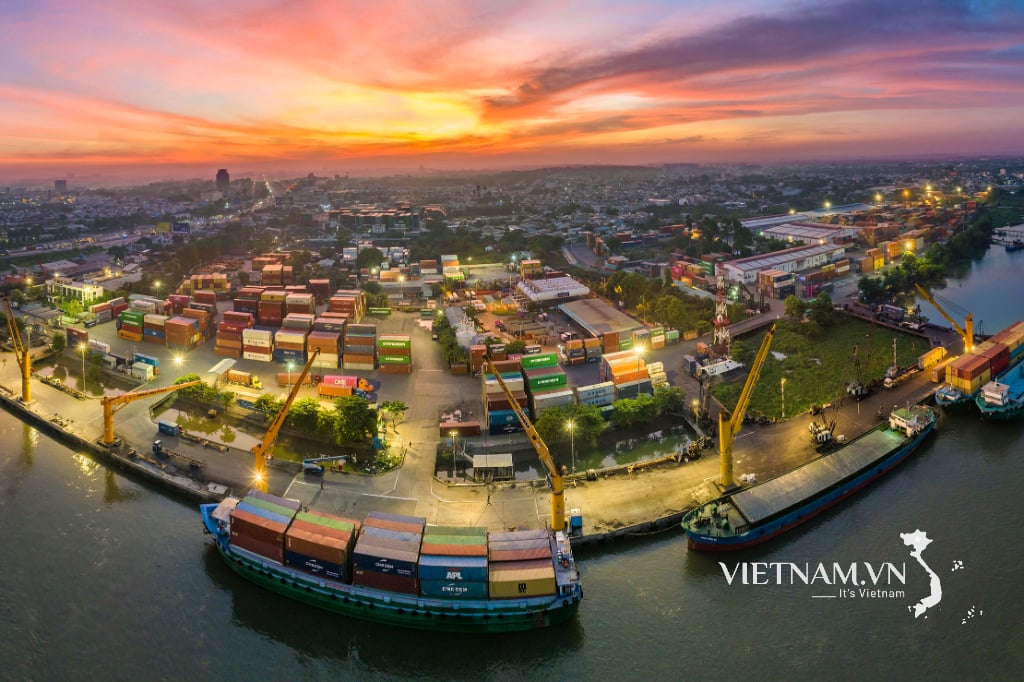

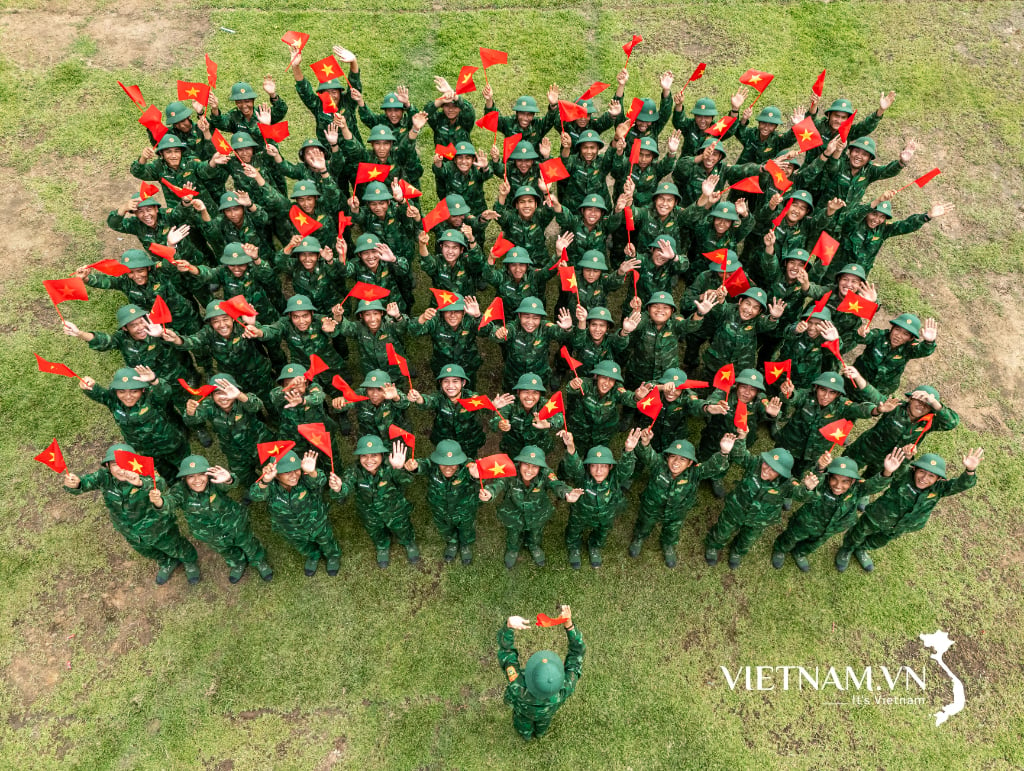

Comment (0)